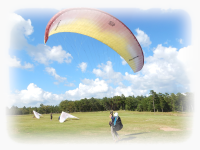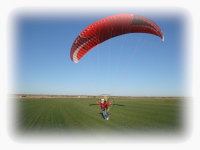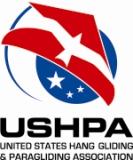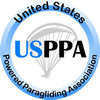Recreational Power Engineering – Fuel and Oil Recommendations
Note: Matt at RPE forwarded us this information concerning fuel and oil for the Hirth engine.
Ethanol Auto Fuel vs. AVGAS
In lower quality engines ethanol can be a problem as it can eat up the seals and gaskets. Hirth engines use Viton tipped crank seals and high grade paper type gaskets and we have found no evidence so far that ethanol will damage them internally. So if you have no other option you can use it.
Ethanol should be avoided if possible if you can find an unleaded – non ethanol fuel source. Racing fuel can be used if 100 or less octane. Another source is possibly from a marina and some gas stations sell small engine fuel that is pure. Sometimes small engine gas is only 87 octane which is on the low side but we consider it better than ethanol fuel. If you elect to use low octane small engine fuel you should not store it for more than a month. Ethanol is nasty stuff that can shorten the life of fuel lines, fuel pump, and primer bulbs and can destroy fiberglass fuel tanks. It attracts moisture into the fuel and engine, increases the EGT a little, is not as efficient and lowers the HP a small amount. If used replacing all the above mentioned fuel components yearly should be considered and precautions taken to keep moisture out during long downtimes. We do not recommend the use of synthetic 2 stroke oils regardless of what fuel you use but with ethanol fuel it is really important not to use synthetics. Use a high quality mineral based 2 stroke oil.
AV Gas has some very positive attributes but some negative ones that should be considered. 100LL has higher octane which the Hirth engine loves and is supposed to be certified dry – no water. It has no ethanol which is good. But it has lead and that is bad. Leaded fuel leaves a nasty yellow deposit in the engine that collects similar to carbon deposits. Unlike carbon which sticks like cement the lead deposits can eventually break of in large pieces. If they break off at the right time they go harmlessly out the exhaust. If at the wrong time they can end up in the crankcase. The lead deposits are gritty like sand and if they get into the case will destroy the crank bearings in a short time. The lead also seems to make rings stick faster than carbon deposits. Another downside of 100LL is the high cost and the inconvenience of having to run out to an airport to get it. If 100LL did not have the lead added it would logically be your best choice and still can be. One option would be to do a topend de-carbon of the engine every 50 hours to remove the lead before it builds up. Another option would be to use a fuel additive called TCP fuel additive. This is a product that you add a few ounces to every tank full. It has the ability to trap the lead and make it go harmlessly out the exhaust, We have several customers who use it with our blue Max oil and there does not seem to be any negative attributes. You can purchase it from Aircraft Spruce or Wicks. There is no problem with occasional use of 100LL like on a cross country. TCP is only needed for constant long term use.
So the short answer is. Unleaded pure fuel can be used as is, leaded fuel can be used with TCP and premium ethanol auto fuel can be used if you take some precautions.
Note by Had: The problem of using AVGAS in paramotors is that the lead deposits can foul the lands on the piston resulting in ring sticking. This is less of a problem when operating at high altitudes (>4,000' MSL) but can be severe at sea level and in hotter climates. The addition of fuel additives e.g. TCP can lessen the problem but does not eliminate it. We have discovered this from thorough testing at various altitudes and climates.
![]()




